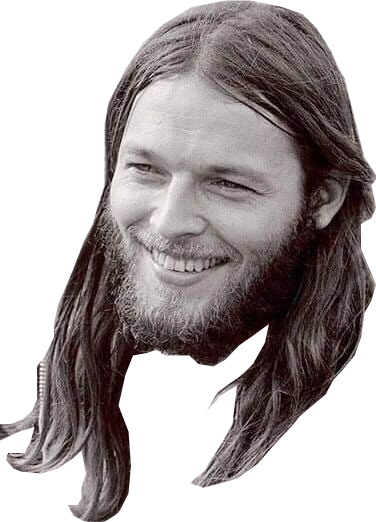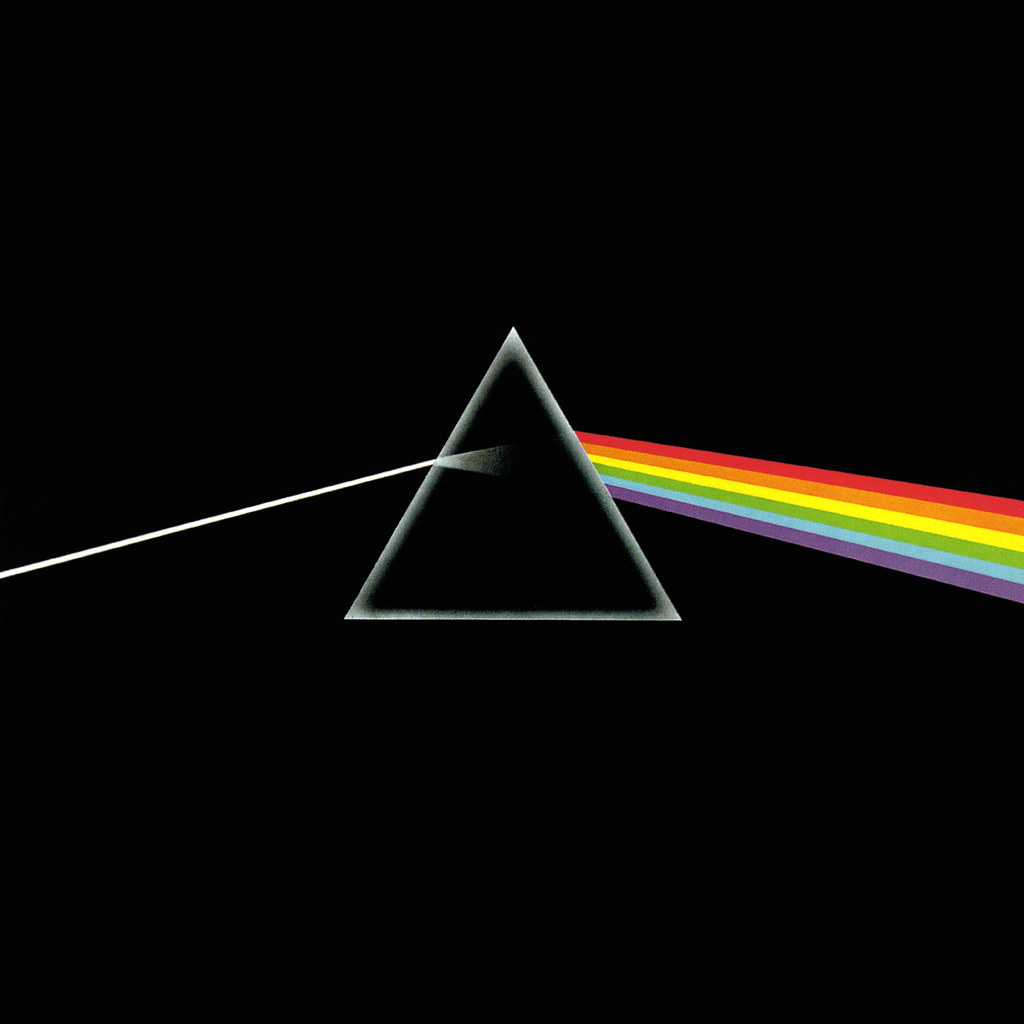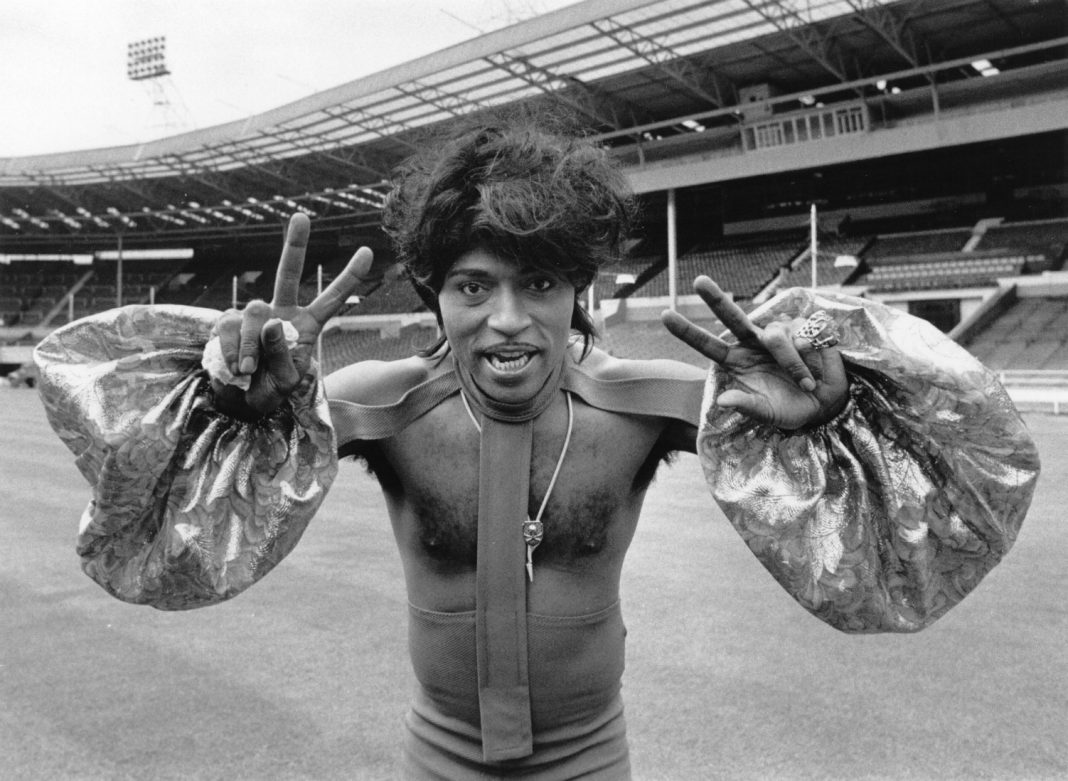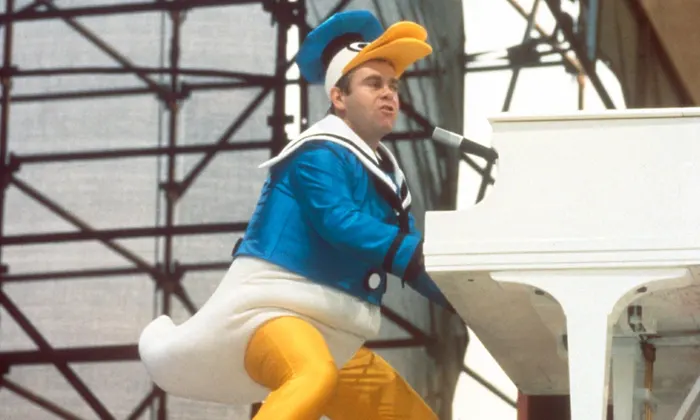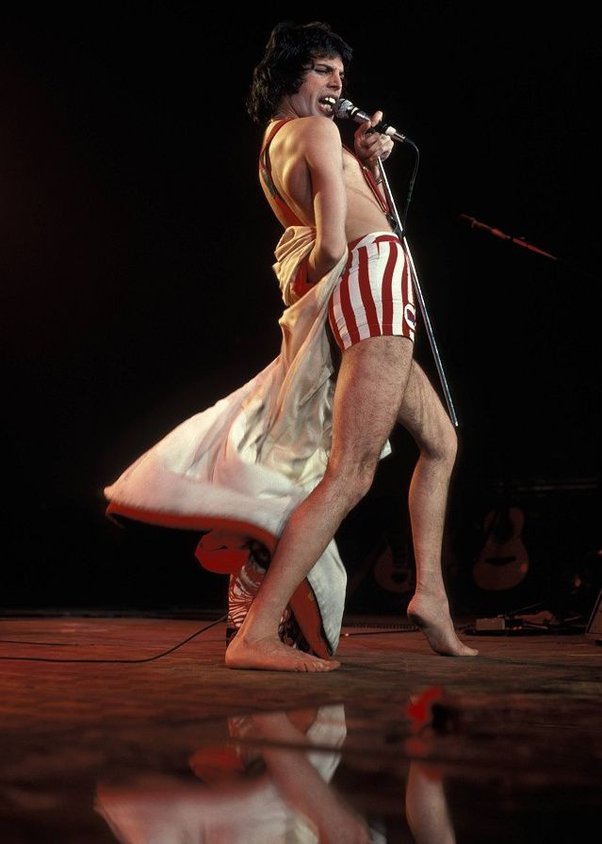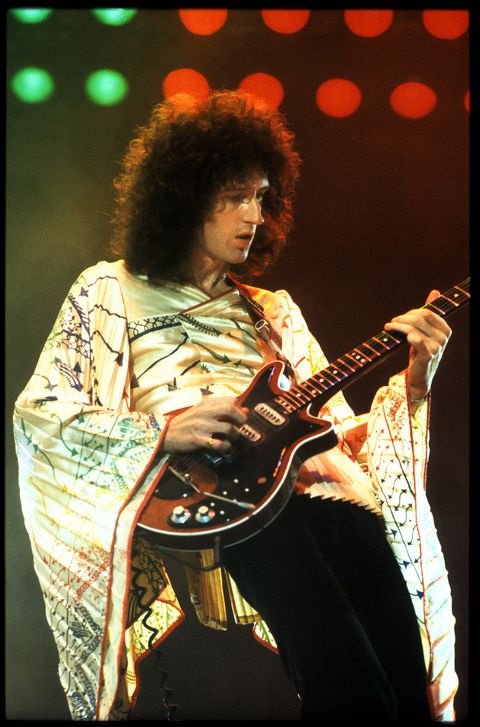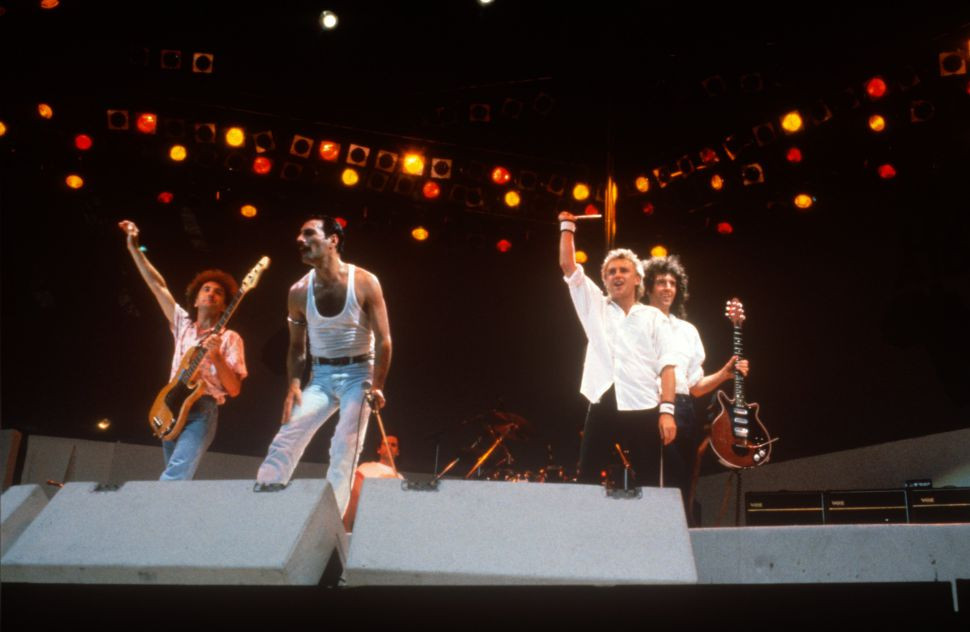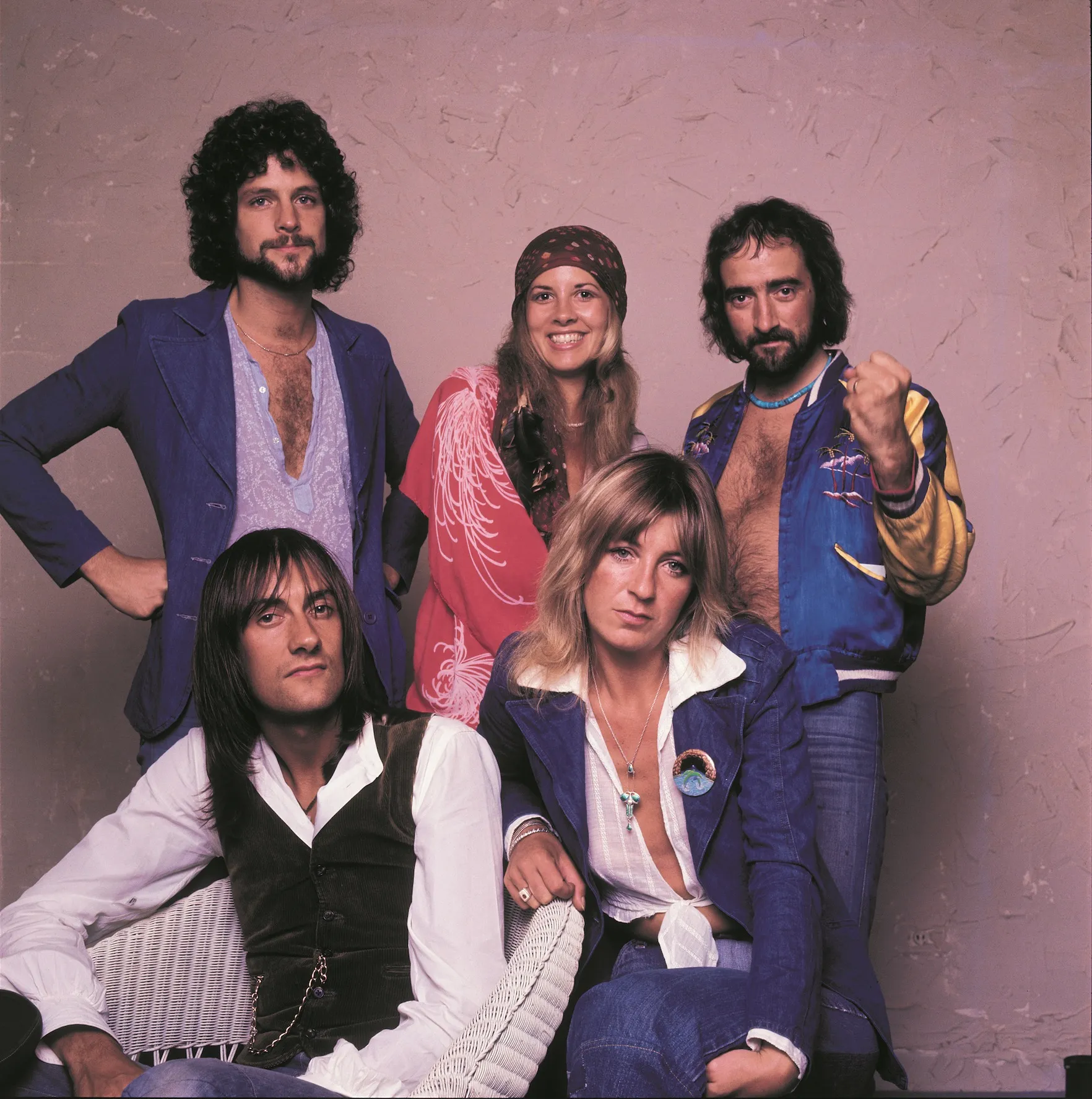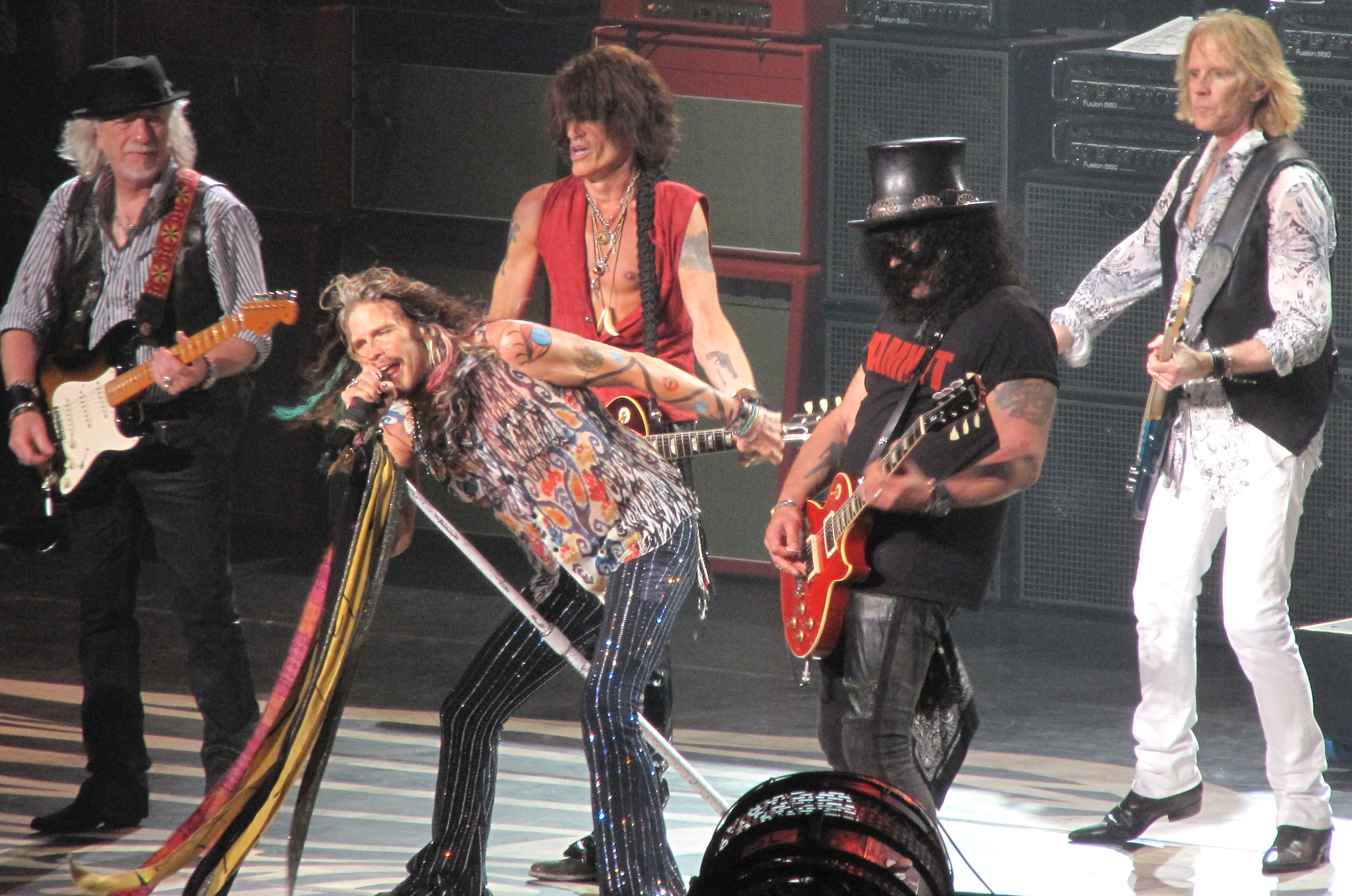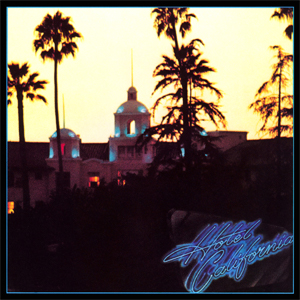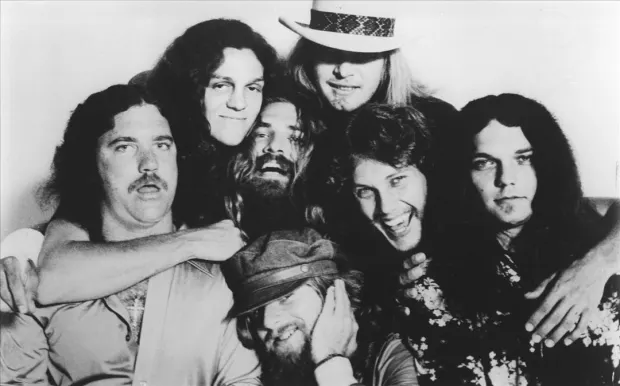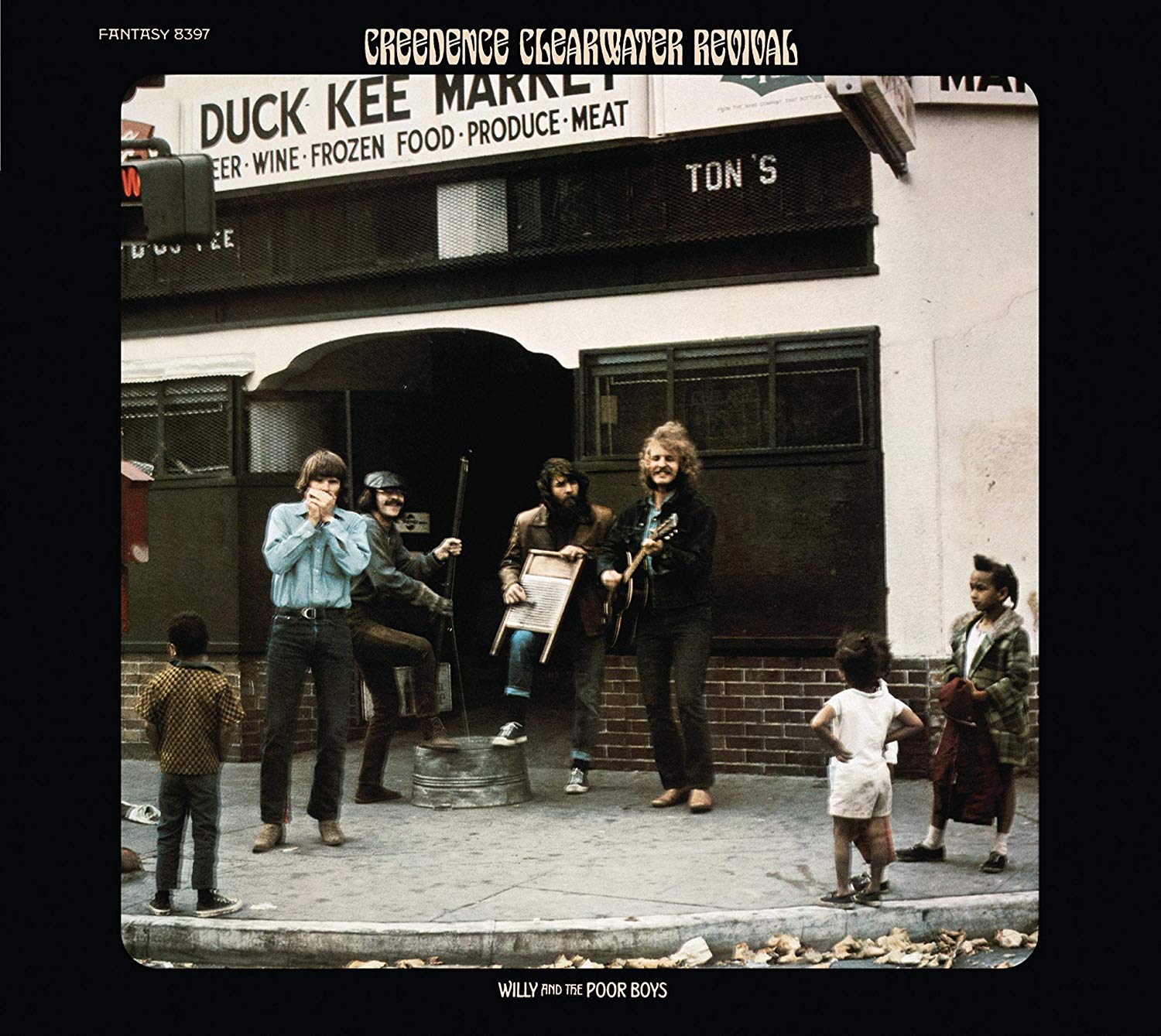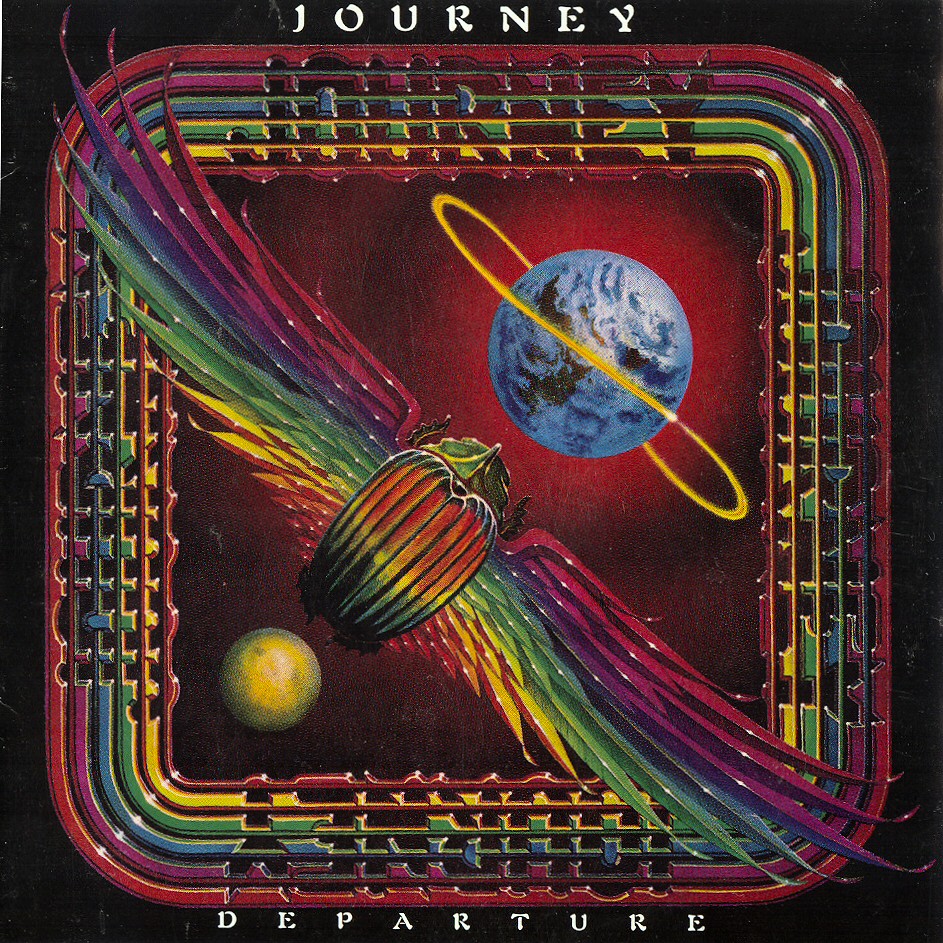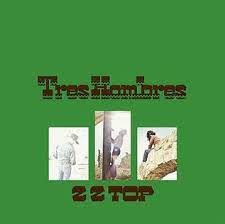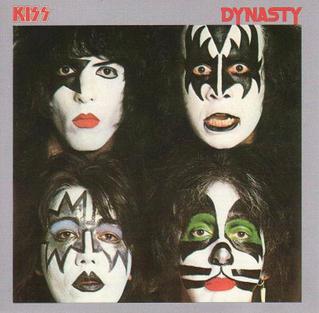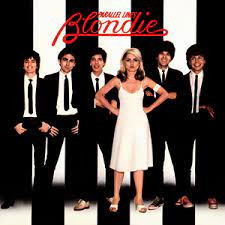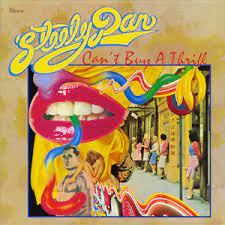Flower Power
By the 1970's, the hippie counterculture of the 60's had become mainstream. Long hair, peace signs and tie dyed clothing were now popular in the middle-class suburbs. Nonetheless, the problems that caused the movement was far from solved, but things were going in the right direction. The women's rights movement gained mainstream attention, gay rights advocates became more visible in pop and racial segregation and division instead became a problem of diversity.
Diversity was more than ever evident in the music at the as punk and folk, progressive rock and disco and funk all fought for - and received - attention. Every socioeconomic group of society seemed to have their own music, and every band their own following. All of them in some sense sharing the same predecessor; 60's rock.
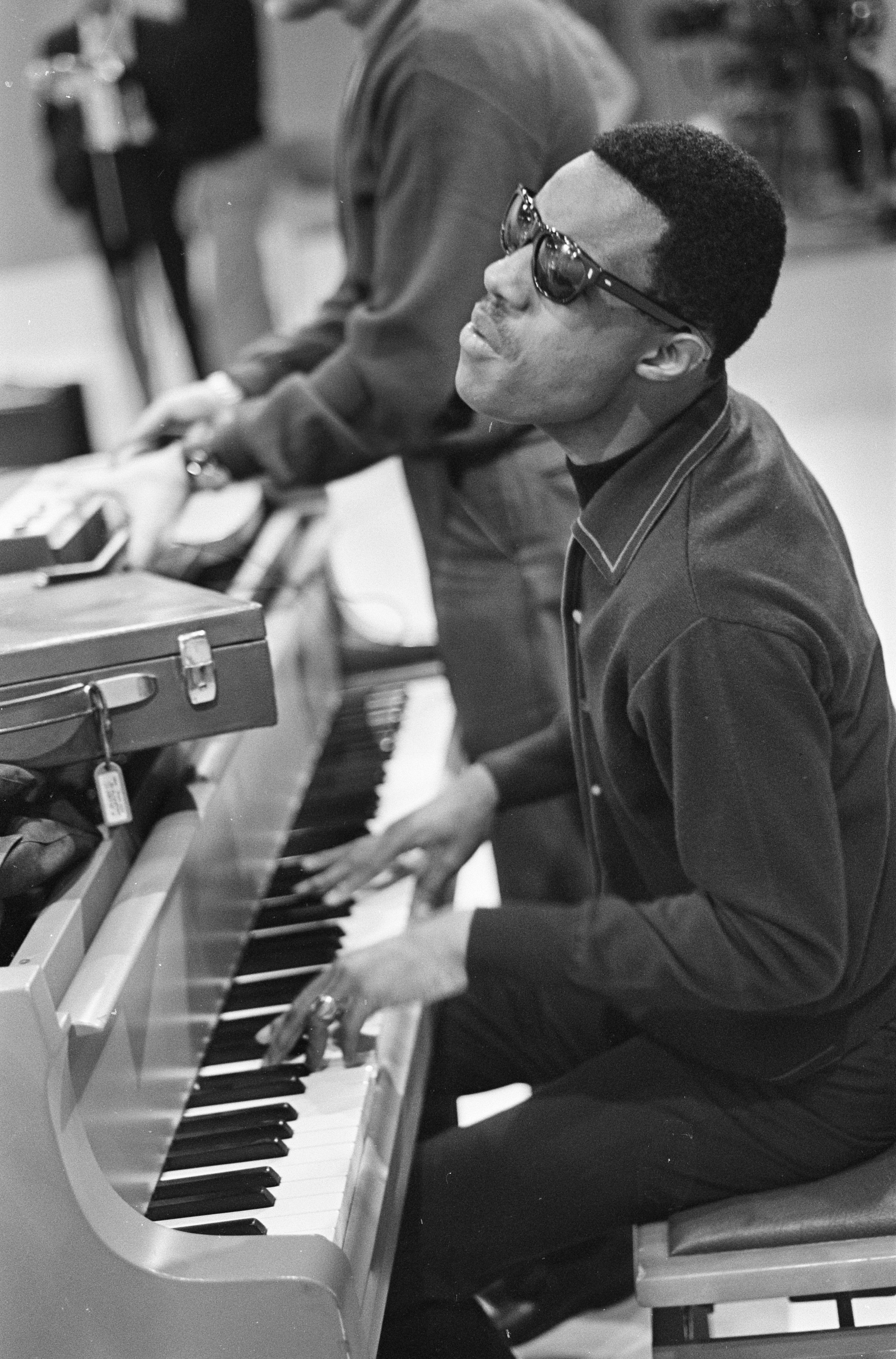
Although not trditionally considered a rock musician, Stevie Wonder's is one of the most influencial artists of the 1970's (Wikipedia Commons)

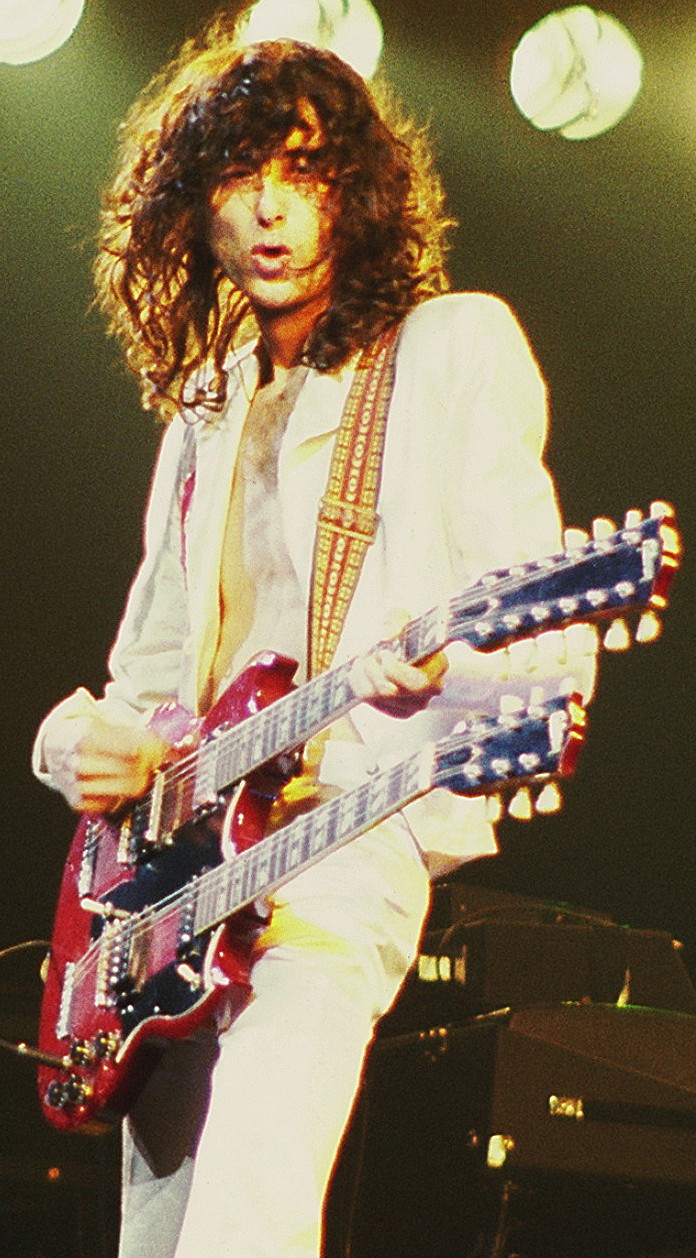
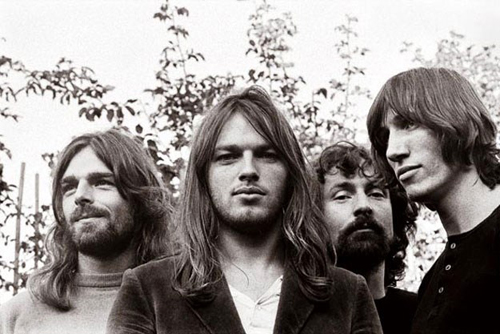
 Pink Floyd - Wish You Were Here
Pink Floyd - Wish You Were Here
